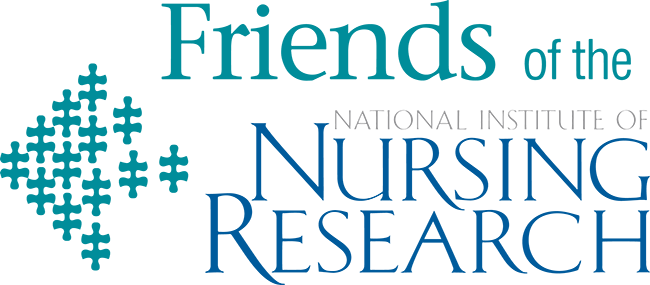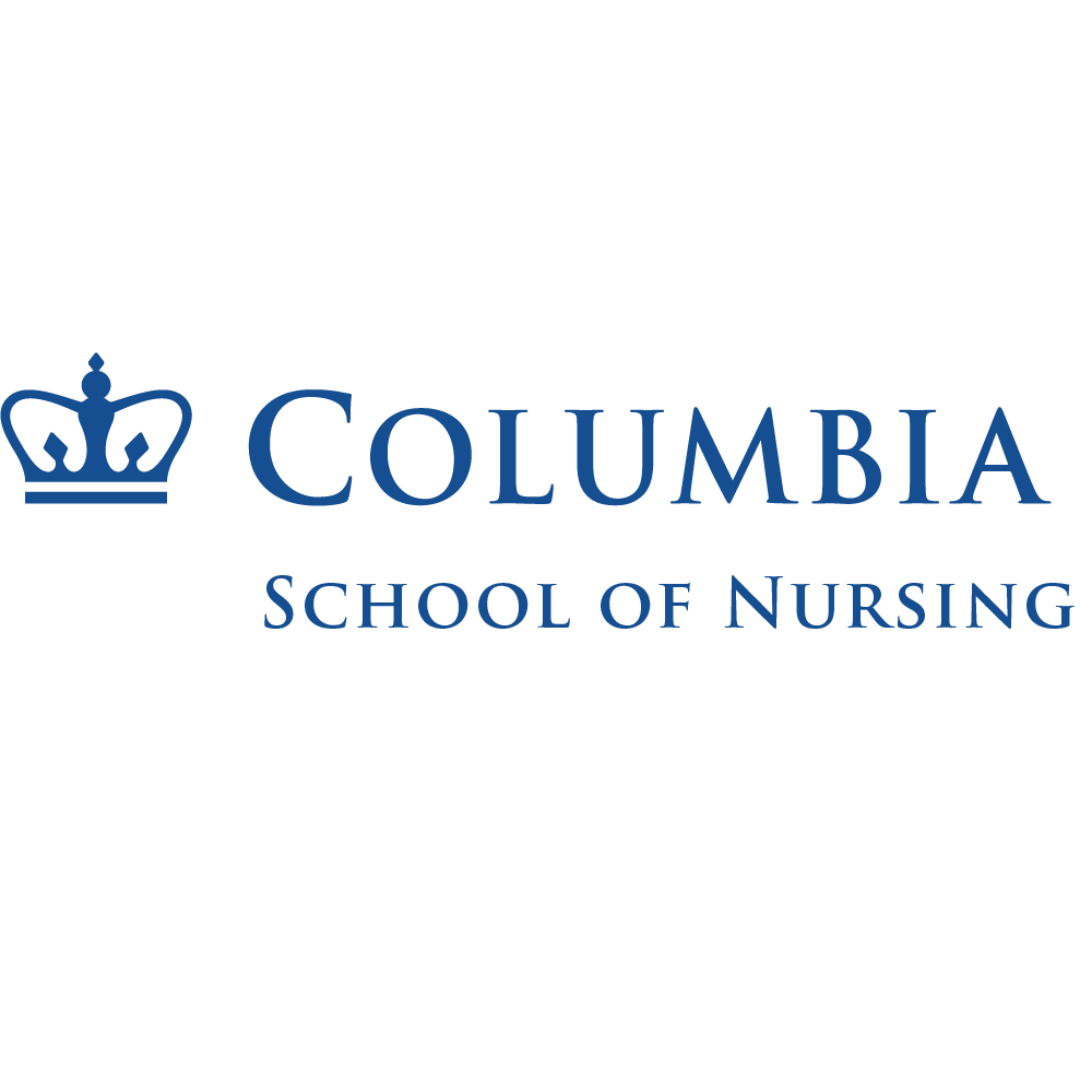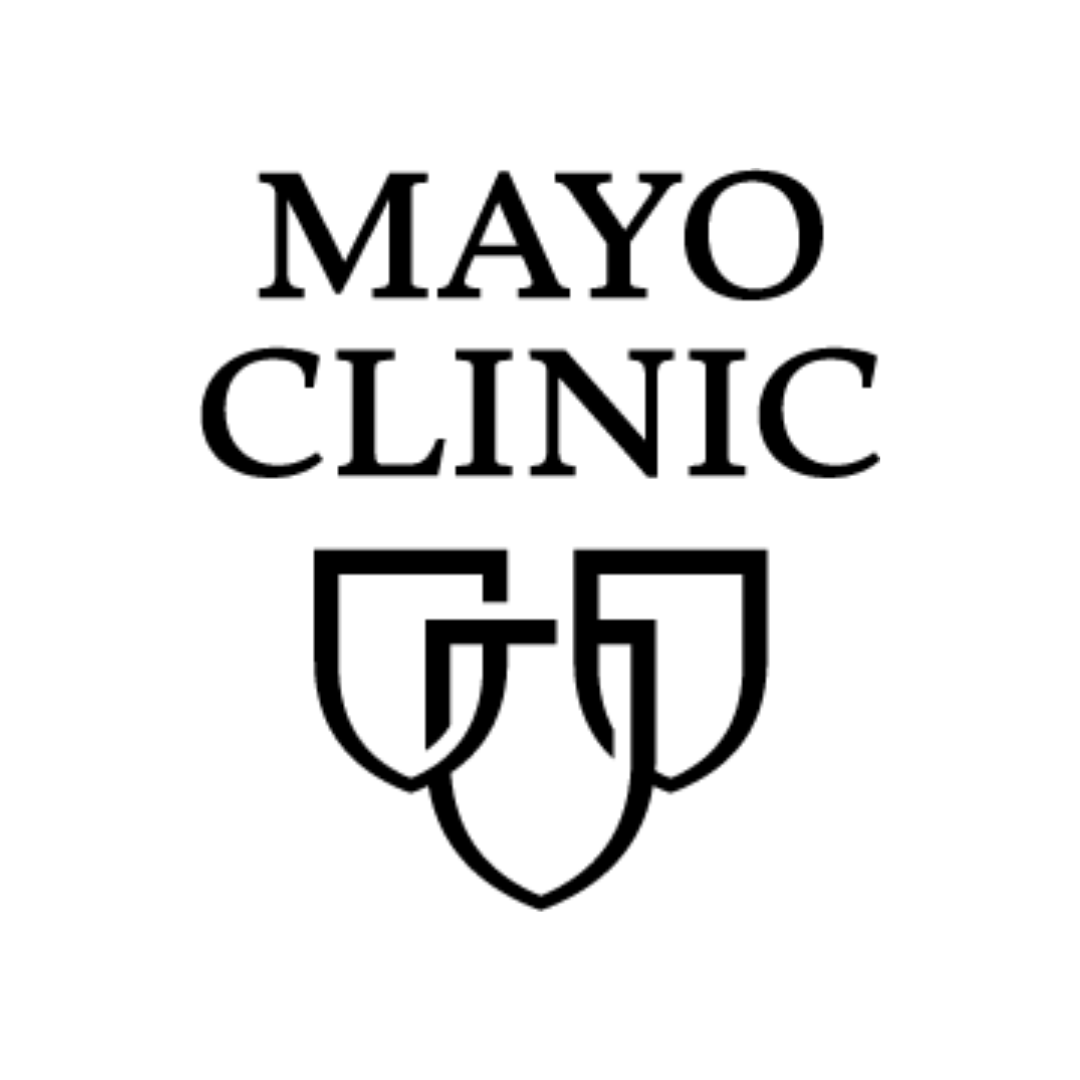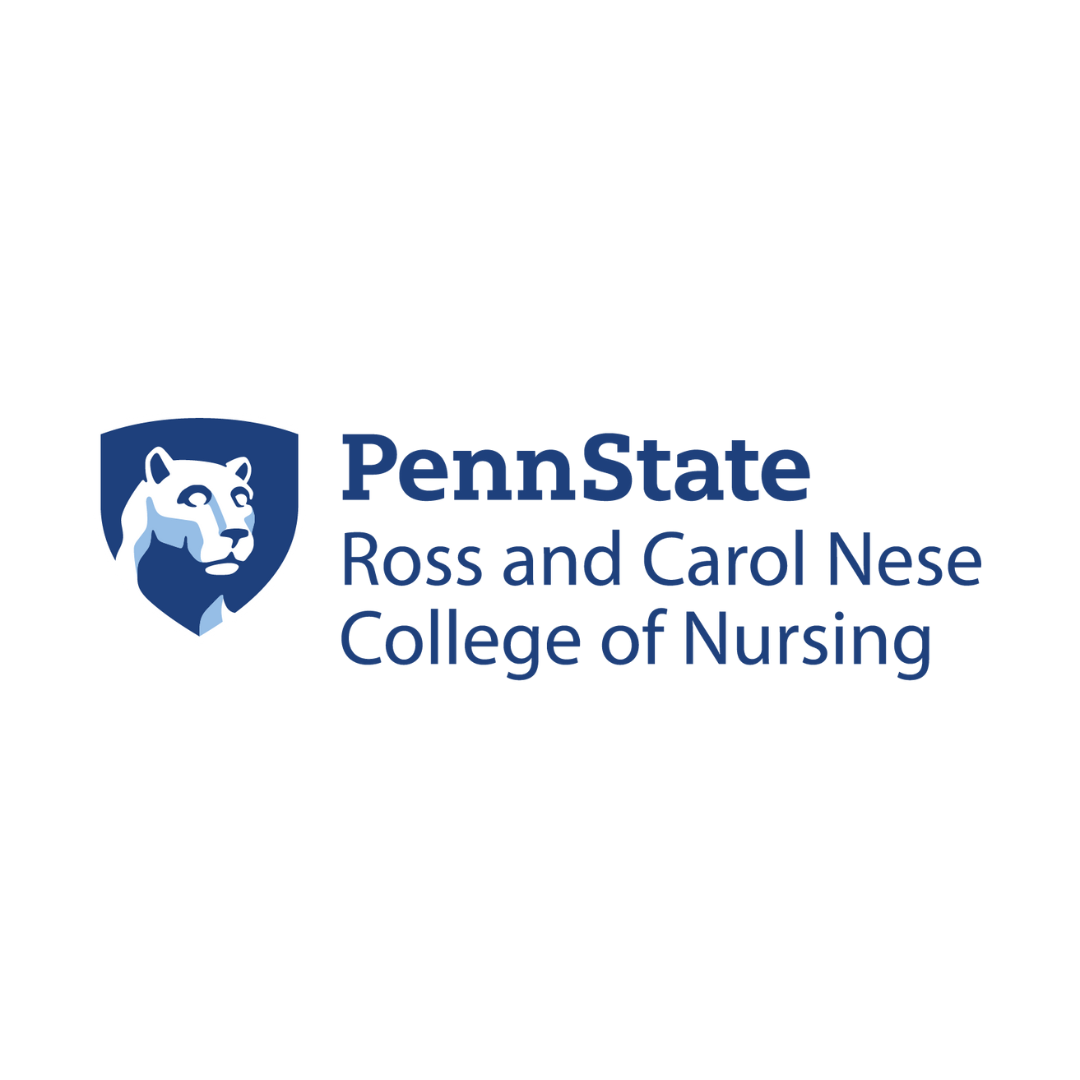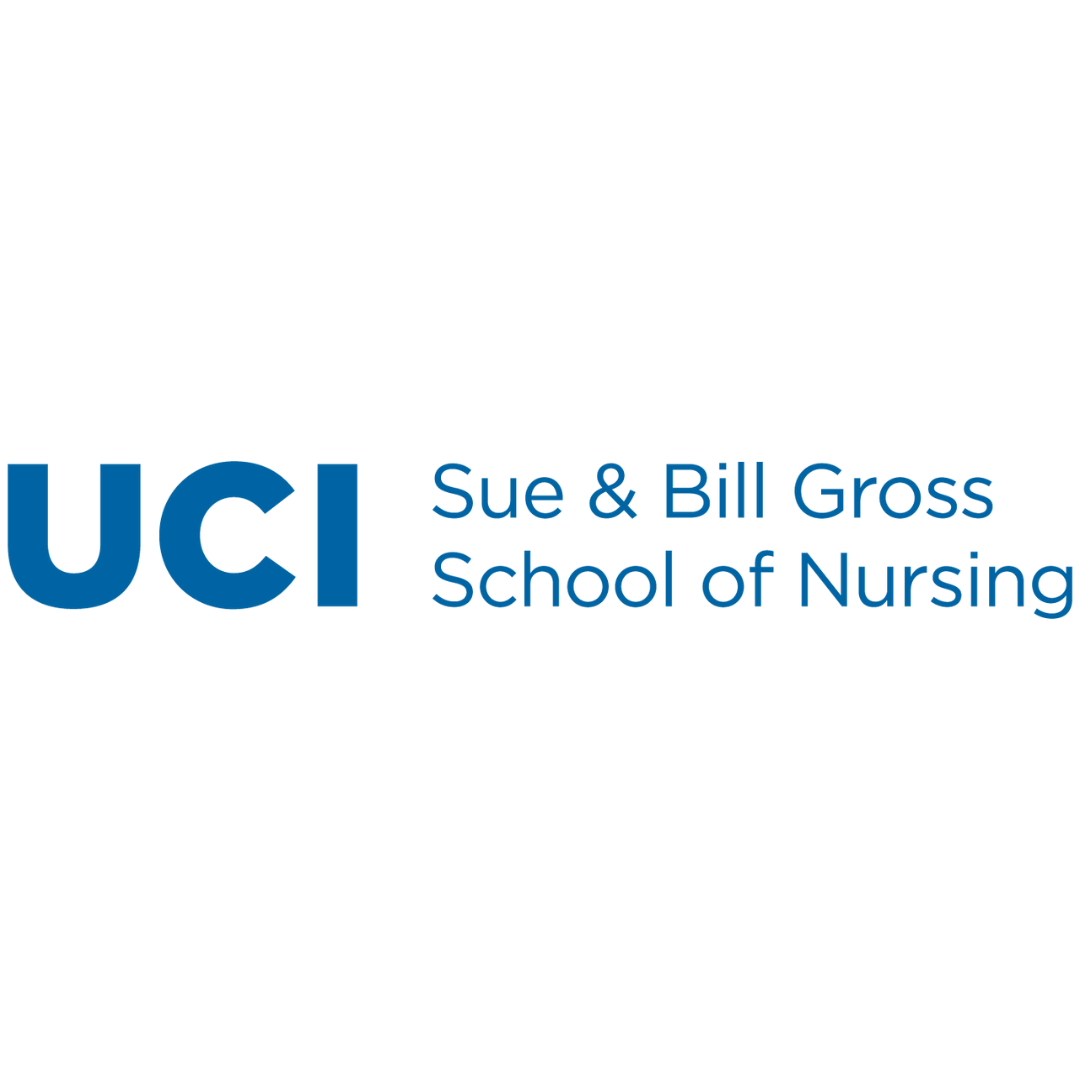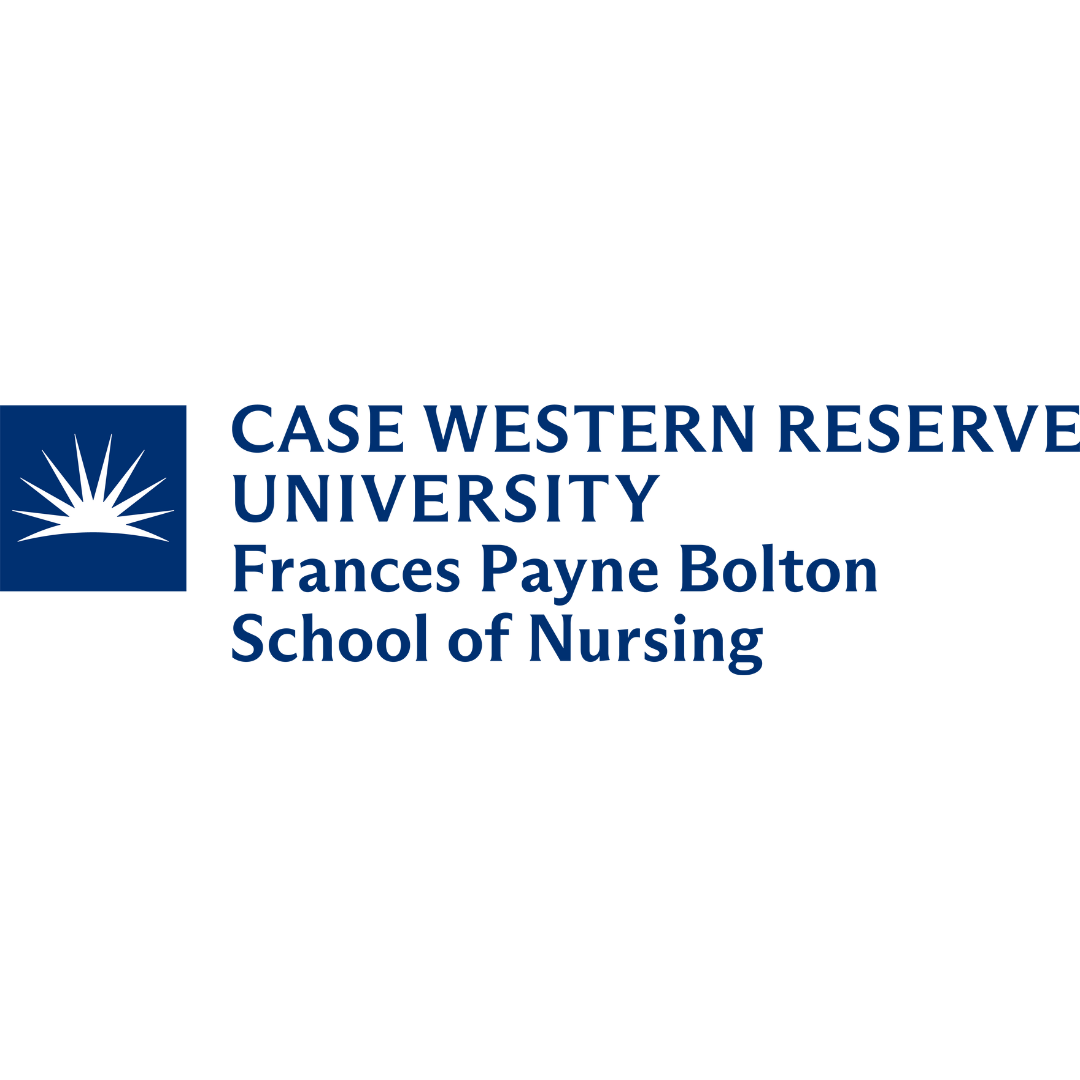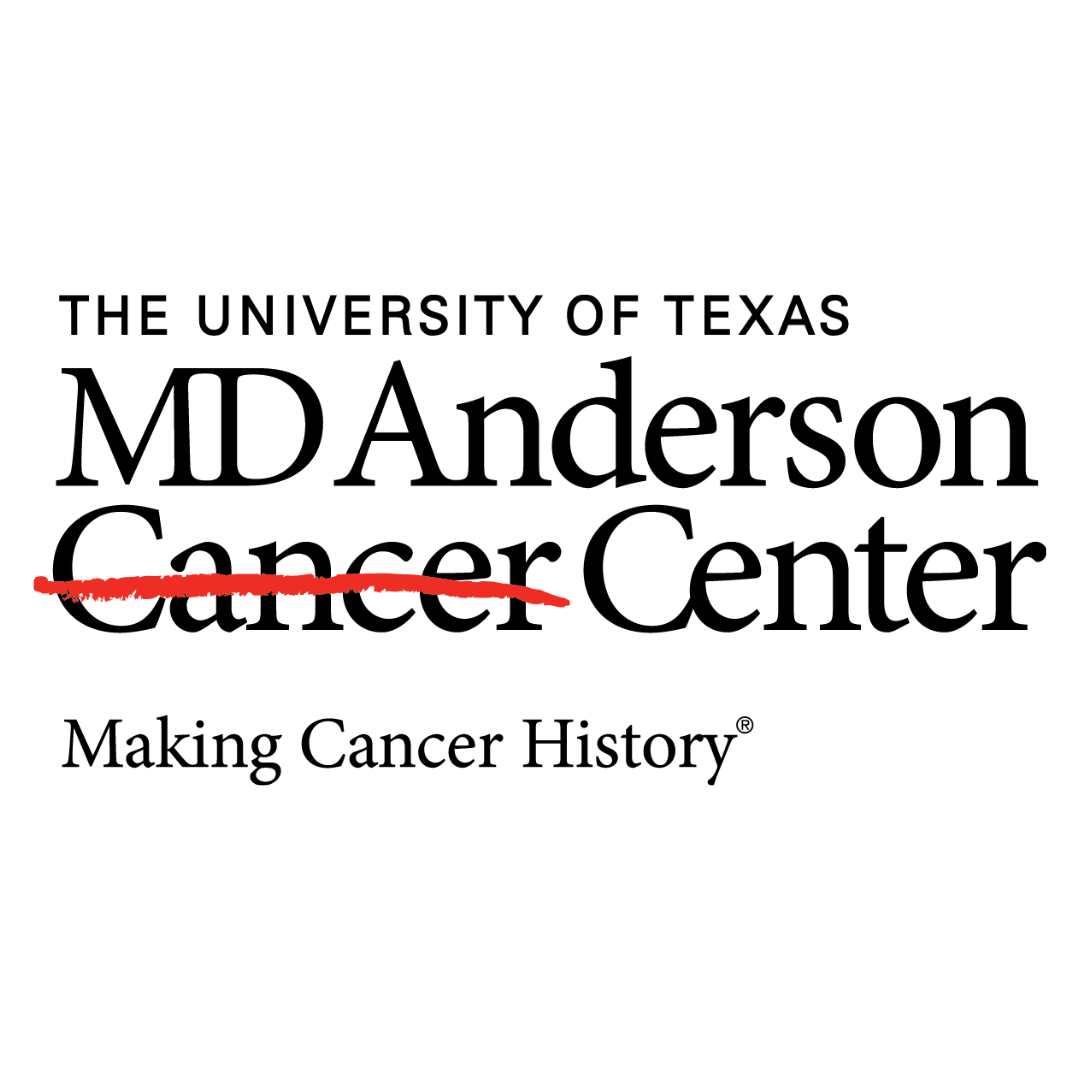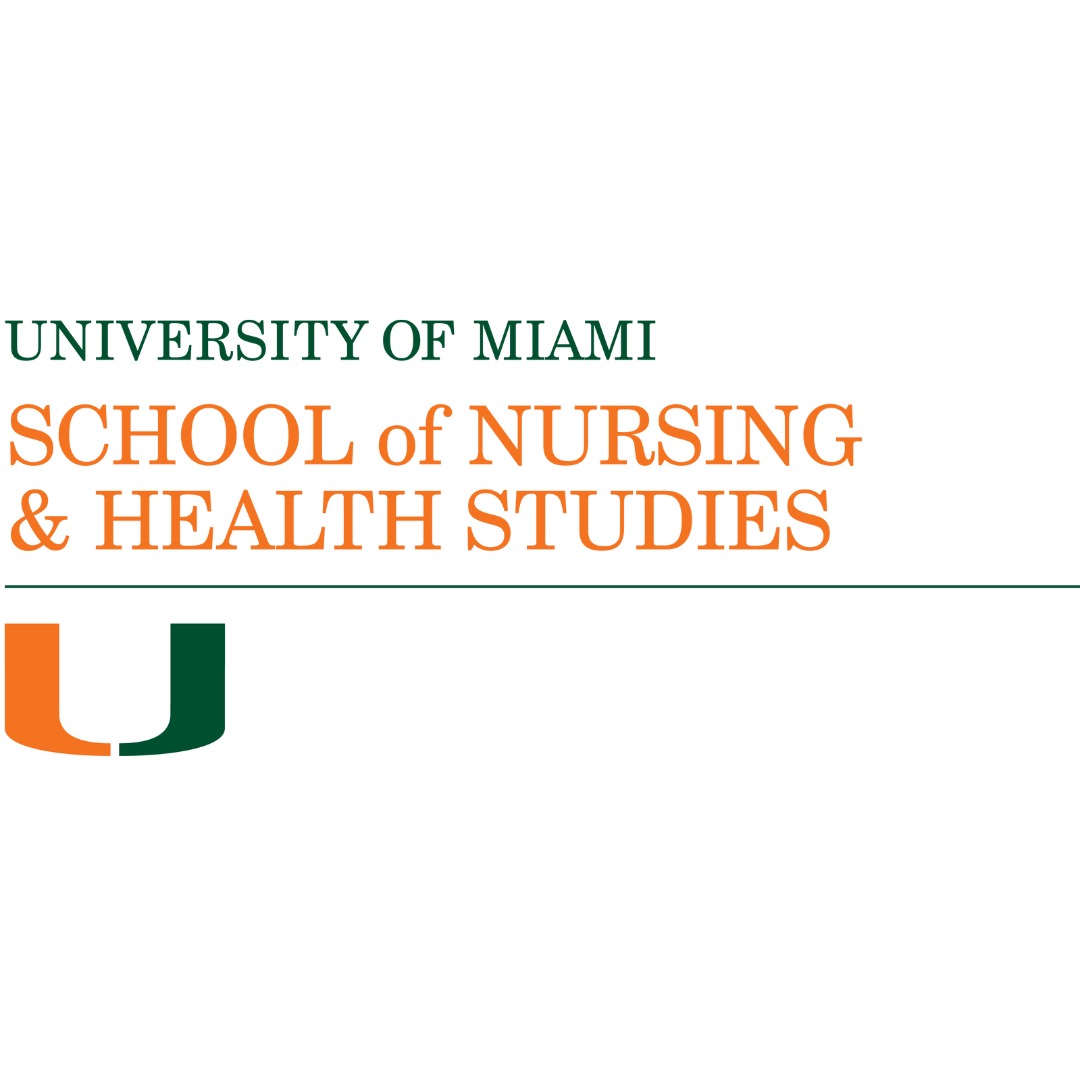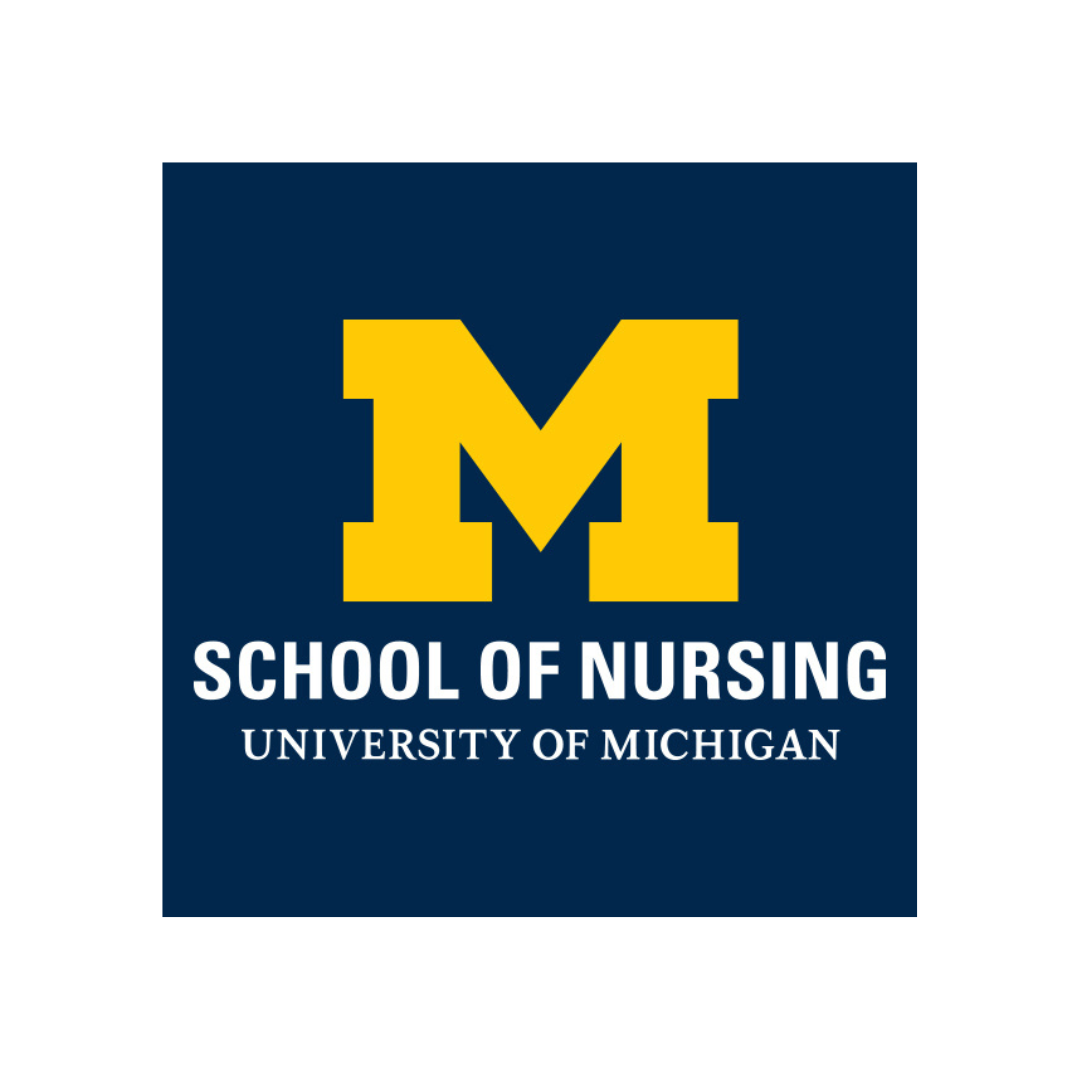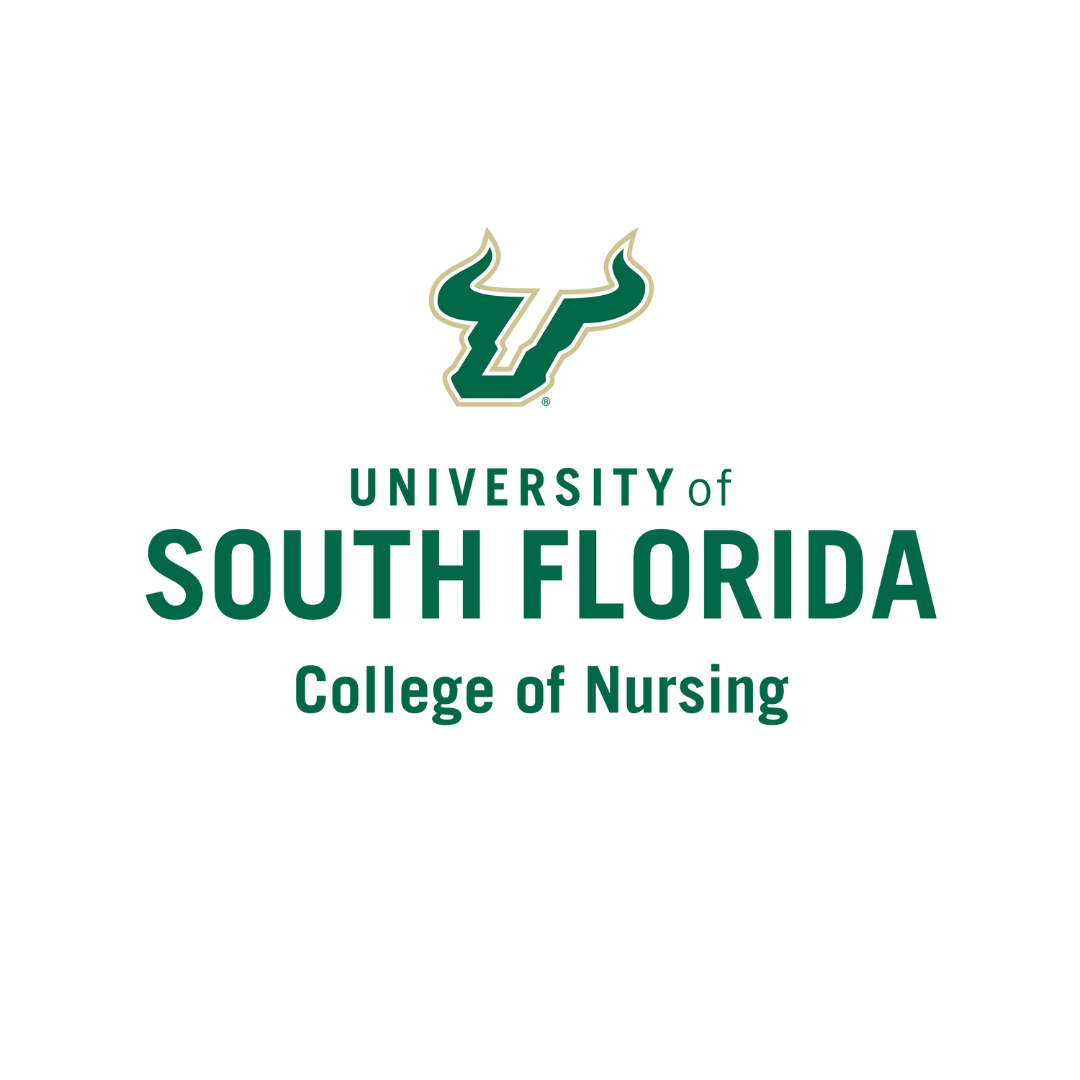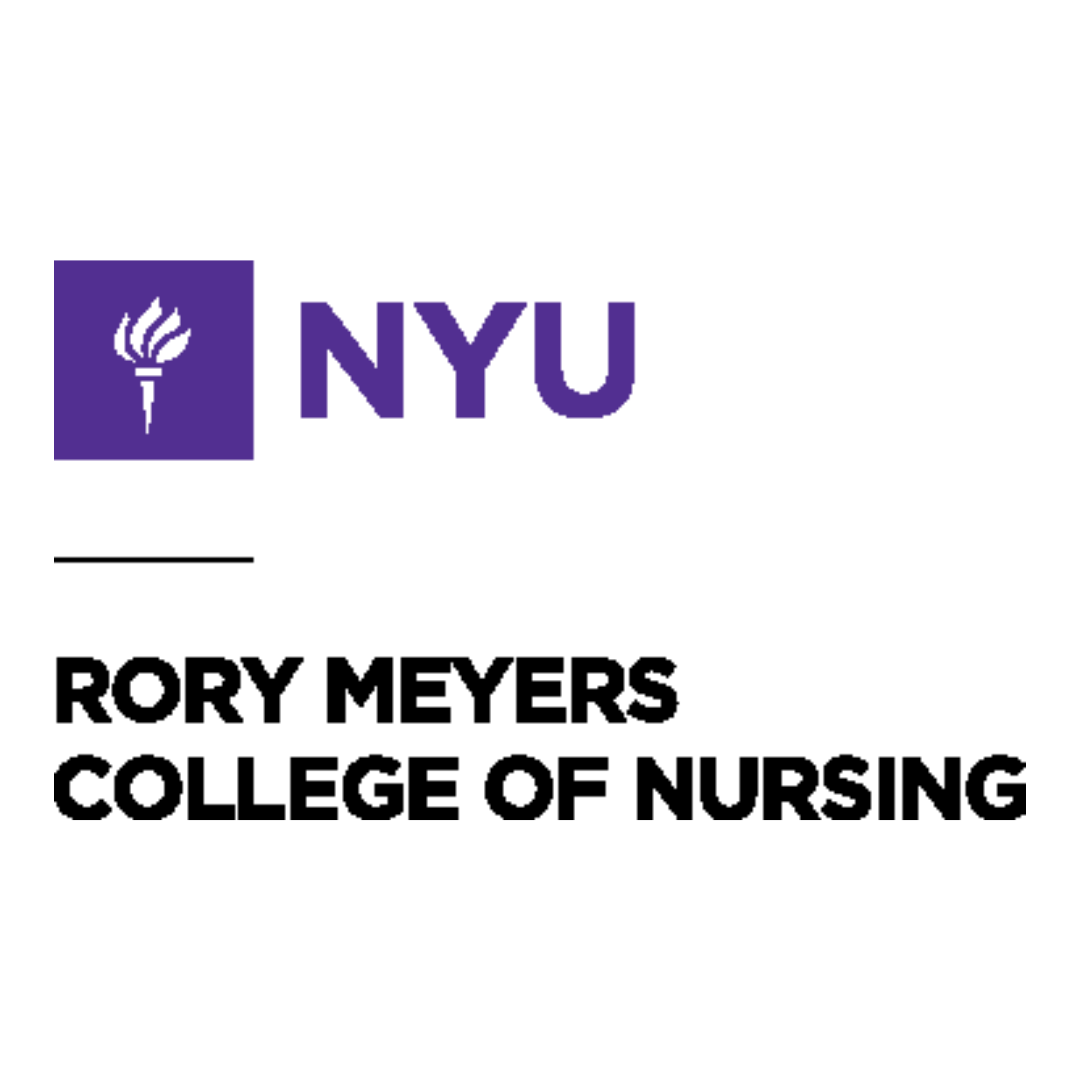Anne Ersig, PhD, RN
University of Wisconsin-Madison
What made you want to become an FNINR Ambassador?
Funding for nursing research is unbelievably low, compared to funding for other institutes. I know so many fantastic nurse scientists who would benefit from NINR funding; the opportunity to have an impact on the funding for the institute is fantastic!
How long have you been an FNINR Ambassador?
2.5 years (I think?)
What advice would you give your younger self?
Trust yourself. Don't be afraid to choose something - there is always another path. You will know when you need to make a change.
What made you want to pursue a career in nursing?
I'm a hereditary nurse (my mom practiced for over 40 years), and despite periodically considering other fields, I always came back to nursing. I thought I could make a difference, and I like to think that maybe I have, in some small way.
What book should every nurse read?
I can't narrow it down to one. We all need to understand our discipline and profession - so Notes on Nursing is critical. But we also need to know how to work with and help people, so any books that provide insights into what it means to be human are also important! Read widely, read diverse books, and recognize that you will never stop learning.
What has been your most interesting/surprising outcome while conducting nursing research?
Sometimes a hunch does play out.
What is a fun fact many people may not know about you?
About Anne

Dr. Ersig (she/her/hers) is an assistant professor in the School of Nursing at UW-Madison. Her program of research seeks to improve the health and well-being of individuals with chronic health conditions, who may experience substantial condition-related and general stress. She is particularly interested in populations who experience substantial stress from other sources (e.g., discrimination, racism) in addition to stress from having a chronic health condition. Her current work examines stressors and stress responses of adolescents and emerging adults diagnosed early in life with chronic health conditions, and focuses on the biological, physiological, and epigenetic ramifications of exposure to persistently high cumulative stress. Dr. Ersig’s studies examine biomarkers, health, and epigenetic modifications in studies currently being conducted at UW-Madison, which focus on teens with chronic health conditions and their parents, and teens who experience high levels of stress for other reasons. She analyzes similar data in existing longitudinal datasets.
